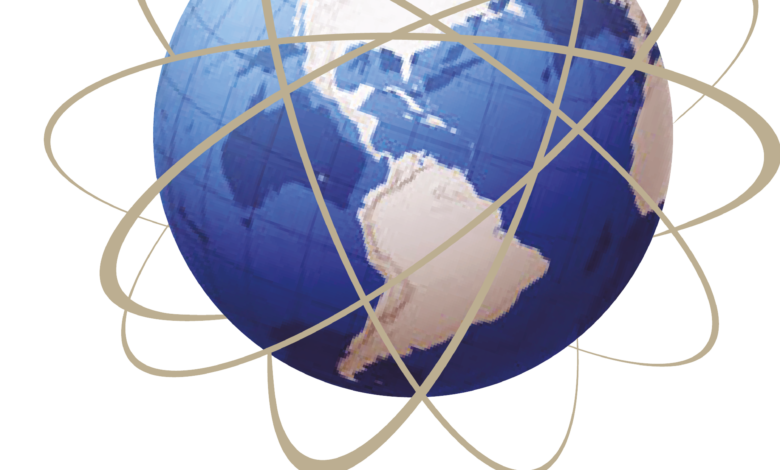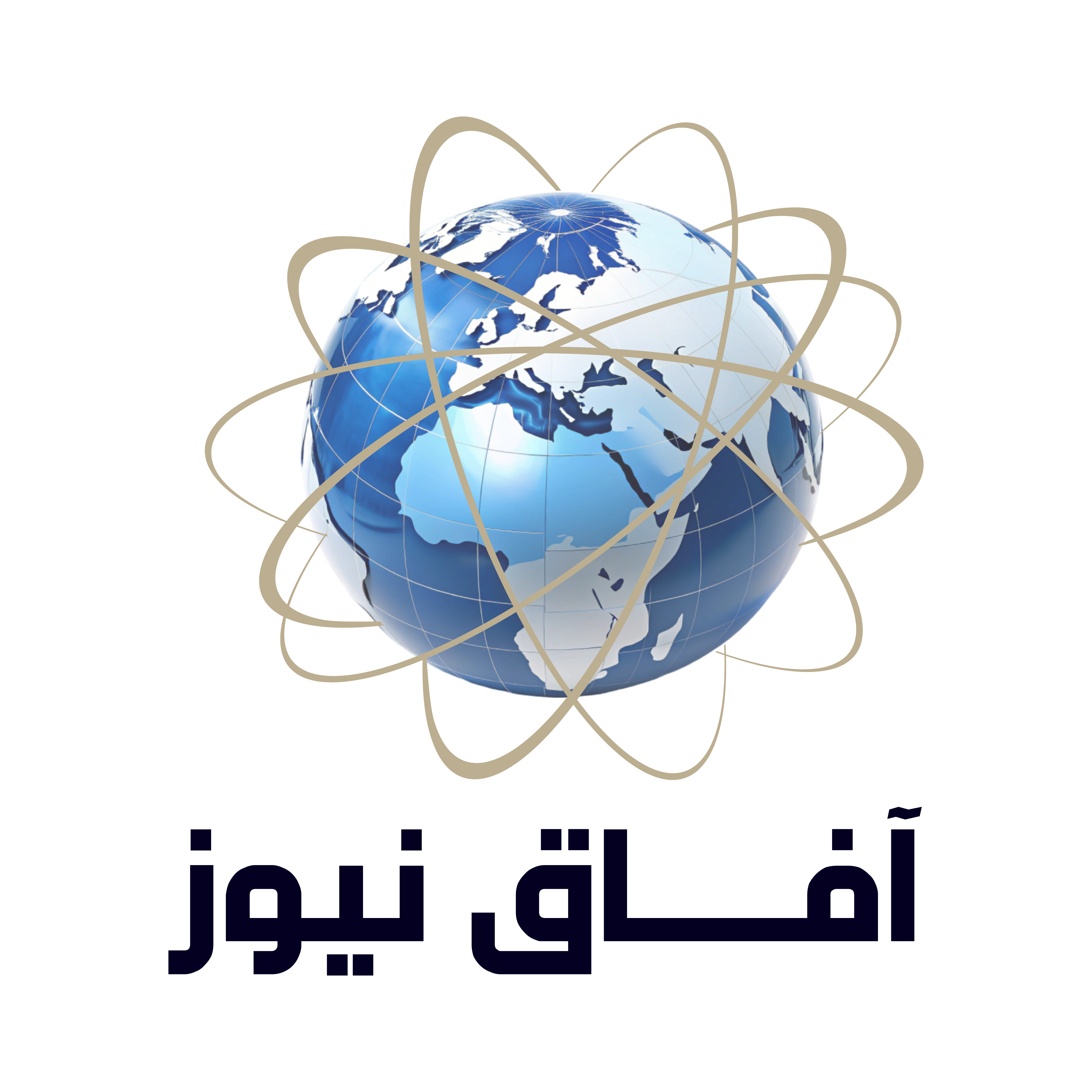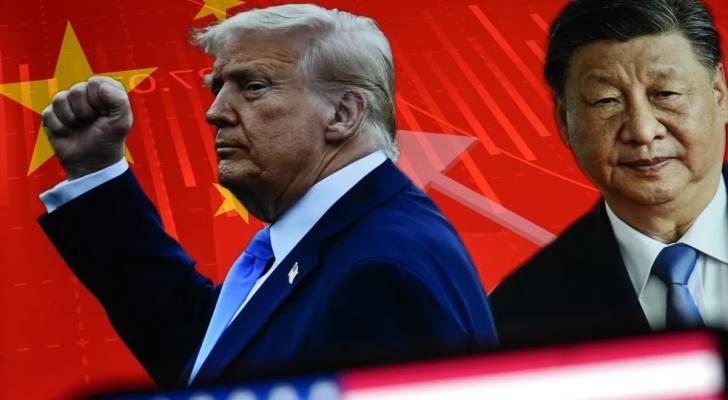
The UN secretary-general, Antonio Guterres, warned of the risks of Artificial Intelligence (AI) to global peace and security.
He said: “It is clear that AI will have an impact on every area of our lives – including the three pillars of the United Nations. It has the potential to turbocharge global development, from monitoring the climate crisis to breakthroughs in medical research. It offers new potential to realize human rights, particularly to health and education. But the High Commissioner for Human Rights has expressed alarm over evidence that AI can amplify bias, reinforce discrimination, and enable new levels of authoritarian surveillance.”
“Generative AI has enormous potential for good and evil at scale. Its creators themselves have warned that much bigger, potentially catastrophic and existential risks lie ahead. Without action to address these risks, we are derelict in our responsibilities to present and future generations,” he continued.
Guterres warned “The malicious use of AI systems for terrorist, criminal or state purposes could cause horrific levels of death and destruction, widespread trauma, and deep psychological damage on an unimaginable scale. “
“I urge the Council to approach this technology with a sense of urgency, a global lens, and a learner’s mindset. Because what we have seen is just the beginning. Never again will technological innovation move as slow as it is moving today,” he said.
British Foreign Secretary James Cleverly said: “We are here today because AI will affect the work of this council. It could enhance or disrupt global strategic stability. It challenges our fundamental assumptions about defense and deterrence. It poses moral questions about accountability for lethal decisions on the battlefield.”
Cleverly continued: “The UK is home to many of the world’s trail-blazing AI developers and foremost AI safety researchers. So this autumn, the UK, plans to bring together world leaders for the first major global summit on AI safety. Our shared goal will be to consider the risks of AI and decide how they can be reduced through coordinated action.”









